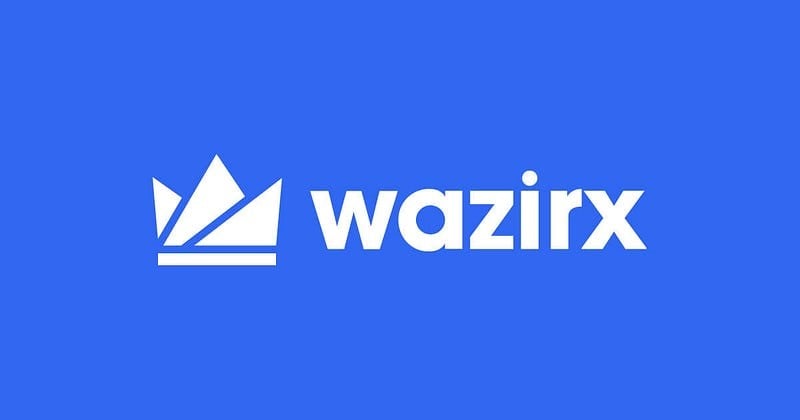ARTICLE AD BOX

Solana founder Anatoly Yakovenko took to X to clarify certain misconceptions about Solana’s Stake Weighted Quality of Service (SWQoS).
Strategies To Boost Transaction Inclusion Likelihood on Solana
On Friday, Austin Federa, Head of Communications at Solana Foundation, listed a few ways to improve transaction inclusion likelihood on the Solana network. He talked about the use of priority fees, local fee markets, and SWQoS.
The priority fees function will be like making adjustments to gas fees on other networks. Its focus would include prioritizing transactions when computing or inclusion becomes a bottleneck to facilitate smooth operation throughout. The local fee market is for when several users contend for the same resources, hence, it tackles the challenge of state contention.
Next is SWQoS which will serve as a Sybil/spam discrimination engine, providing global protection against spam activities. This engine is capable of working alone or with any of the other two methods.
Notably, the SWQoS is a utility that the network has been thinking of implementing since the occurrence of the frequent Solana network congestion.
SWQoS is expected to boost Solana’s native token SOL utility. The token has seen a significant price drop to $142 in recent weeks after hitting up to $205 earlier. At this rate, there are speculations that it could plunge further to test the next significant support level of $130.
Solana SWQoS Touted as Ideal by Yakovenko
There is certain confusion that the minimum stake requirement for Solana SWQoS is for Decentralized Applications (DApps). Yakovenko pointed out that this was not the case as it is actually to cover the minimum non-delinquent validator stake. This means that all the validators have gone beyond the minimum stake they are meant to hold.
“In classic solana fashion, its purpose isn’t to solve your problem, it’s just to get out of the way of you solving your problems. Maybe the best solution is a mempool, maybe it’s locking Tremp or Boden tokens in exchange for guaranteed connections, maybe it’s a simple usdc => connection vending machine,” Solana co-founder Yakovenko stated.
There is a bit of confusion about swqos in general. The min stake requirement isn’t there for dapps, it’s to cover the minimum non delinquent validator stake. So basically 100% of the validators are above the min.
In classic solana fashion, its purpose isn’t to solve your…
— toly  (@aeyakovenko) April 13, 2024
(@aeyakovenko) April 13, 2024
An attempt to try out other ideas without including SWQoS would require that all validators install their software and allocate capacity to it. On the other hand, an inclusion of the Solana SWQoS would only need a percentage of the staked validators to install their software.
This generally enhances efficiency and with a lowered barrier to validation, Solana can become more secure. These conversations are part of the strategies to help Solana restore its glory amid its massive ecosystem expansion.
The post Solana Founder Shares Take On SWQoS Model Confusion appeared first on CoinGape.
.png)
 9 months ago
3
9 months ago
3








 English (US)
English (US)